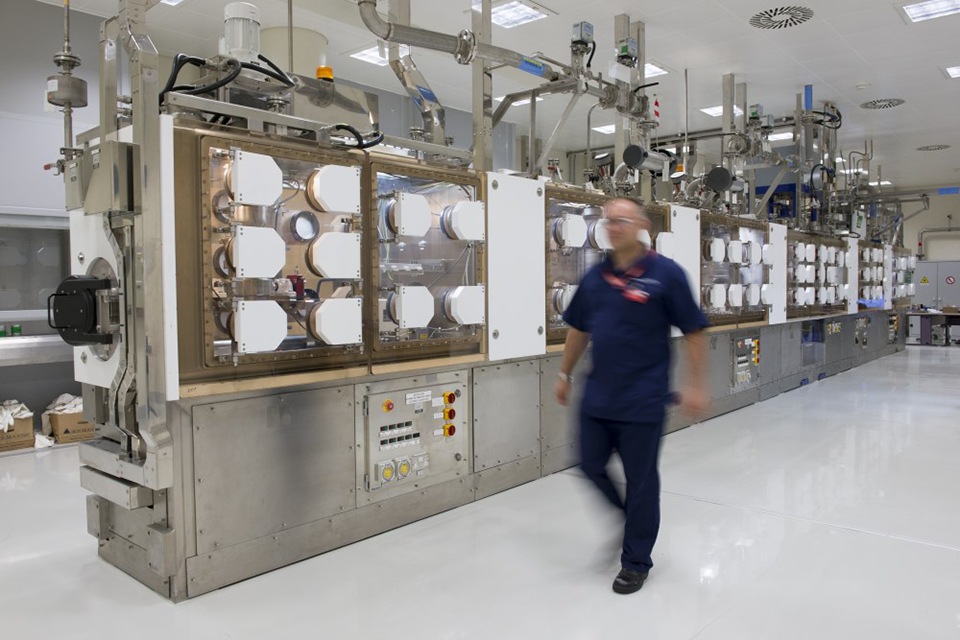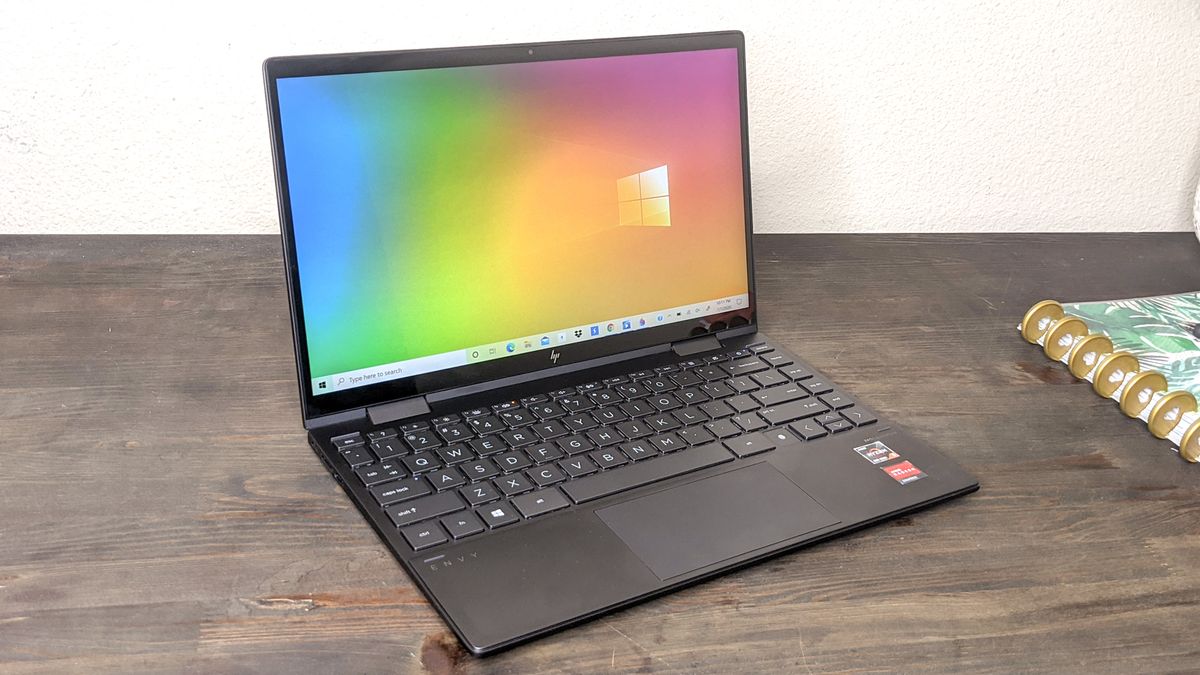
It is described as the first battery to be powered by Americium-241, a radioactive isotope of the synthetic element americium.
The work, funded by the UK Space Agency (UKSA) and delivered by the NNL, will be carried out in a new £19 million laboratory in Sellafield, Cumbria.
Touching on the topic of technological sovereignty, the UK government says it will “deliver a sovereign supply of fuel for space batteries in the context of a global shortage”, enabling the UK and partners to pursue new space science.
Americium-241
It was in 2009 that NNL researchers first discovered that Americium-241 is produced during the radioactive decay of used fuel from nuclear reactors and that it emits power for over 400 years.
“This innovative method to create Americium to power space missions will allow us not only to sustain exploration of the Moon and Mars for longer periods of time, but to venture further into space than ever before,” said Dr Paul Bate, CEO at the UK Space Agency.
“Supporting the National Nuclear Laboratory’s expansion will make the UK the only country in the world capable of producing this viable alternative to Plutonium, reducing the global space community’s reliance on limited supplies, which are increasingly difficult and costly to obtain.”
Atomic space batteries, also known as Radioisotope Power Systems (RPSs), release heat as the radioactivity within them decays. The heat can be used directly to prevent spacecraft from freezing and it can be converted into electricity to power onboard systems.
The batteries go on working for decades, says the UKSA, without need for maintenance over the many years in which a spacecraft could be travelling.
Apollo
All the Apollo missions involved an atomic battery, notes the agency, as has every rover that has gone to Mars. These, however, have been powered by Plutonium-238, a radioisotope produced only in the US, where supply is limited, and Russia.
“For the past 50 years space missions have used Plutonium-238 to stop spacecrafts from freezing but it is in very limited supply,” said Professor Tim Tinsley, account director for this work at the National Nuclear Laboratory.
“At NNL we have identified significant reserves of Americium-241, a radioisotope with similar properties to Plutonium-238 but game-changing potential for the UK’s space ambitions.”
The UK minister also highlighted the export opportunities involved:
“Being able to offer a globally unique supply of Americium-241 will encourage investment and unlock growth opportunities for all sorts of UK industries looking to explore nuclear energy,” said Science Minister George Freeman.
Image: NNL
See also: UK Space Agency starts £15m fund for satcoms technology







